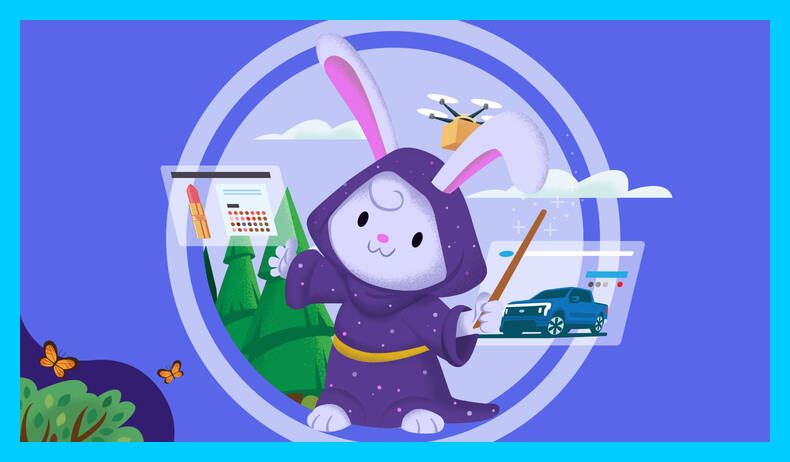Mumbai, India, 26th February, 2018 — When embarking on a digital business transformation, too often organizations ignore the need to change the mindset of their staff, according to Gartner, Inc. A technology shift not backed up by a corresponding cultural shift puts the success of a digital business initiative at risk.
“For any transformation to be successful, people need to buy into your vision,” said Aashish Gupta, research analyst at Gartner. “The culture aspect and the technology demand equal attention from the CIO, because culture will form the backbone of all change initiatives for their digital business transformation. Staff trapped in a “fixed” mindset may slow down or, worse, derail the digital business transformation initiatives of the company.”
While every organization has its own unique culture, it must understand the nuance of attracting and retaining talent with values and mindsets aligned to the mission and culture of the organization. “This requires a healthy and psychologically safe team environment within a growth mindset organizational culture,” said Gupta.
“Psychologically safe” means making co-workers and team members feel that they will not be punished or humiliated when taking interpersonal risks, such as asking for help, admitting mistakes and vulnerabilities, or expressing concerns.
Applying a growth mindset culture has been a success in well-known online companies. An online clothes and shoe retailer instructs all of its new hires to experience its call centre. The involvement, which includes training and time spent on answering customer calls, allows employees to gain a holistic view of the business and understand that customer service is the backbone of it.
Four-Step Plan to Instigate Mindset Change
“Cultural change requires significant investment,” said Gupta. “Organizations need a way to measure the value that investment is delivering.”
To help application leaders implement mindset change among their staff, Gartner has developed a four-step plan:
1. Vision
Create a compelling vision that can be shared as a story to inspire and motivate a desire for the change. Everybody should understand what is meant by a growth and product mindset. “A growth mindset demands people to be comfortable with the speed of the digital era, and they must be willing to make quick and risky bets instead of slow and safe bets. A product mindset requires people to own what they create and take full responsibility for its success and failure,” said Gupta.
2. Define
Define key behavioural attributes that reflect the intended mindset change. These can be individual accomplishments that contribute to the team, business or customer results; a greater number of projects owned, or acquiring new skills.
3. Implement
HR should be involved to ensure that performance metrics, as well as the descriptions of roles and responsibilities, are updated to include these keybehaviourall attributes, before rolling them out to all departments. “Acceptance will happen only if the change is visible throughout the organization. You should incentivize people to share knowledge or learn new skills,” said Gupta.
You might also like to read:
Data-driven businesses must adopt the platform approach to Analytics
4. Measure, Monitor and Wait
Allow some time for the changes to percolate. Continuously measure and monitor the changes through anonymous surveys. “You can ask employees if they understand the company’s messaging around culture, or if they see their leaders practising it and if they find their colleagues taking the initiative seriously,” said Gupta. “Also, remember to track performance measures.”
“Be patient. Fostering a growth mindset culture that requires behaviour changes among your staff takes time,” said Gupta. “However, the rewards are considerable as everyone perseveres, learns, grows and accepts that potential is nurtured, not predetermined.”
Gartner clients can get more information from the report “Digital Business Requires a New Mindset, Not Just New Technology.”
You might also want to read:









